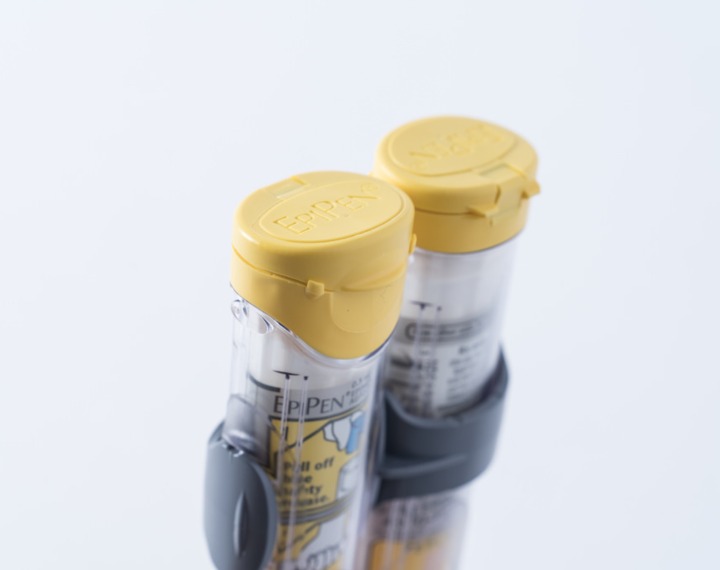Managing Allergies In Care Environments
 Care environments have to cater to the needs of a large number of different people, which is why when it comes to managing allergies, it can sometimes be a complex topic. According to Food.Gov, there are approximately 410,000 older people living in residential care and nursing homes across the UK - that’s a lot of people with a lot of different needs to cater to.
Care environments have to cater to the needs of a large number of different people, which is why when it comes to managing allergies, it can sometimes be a complex topic. According to Food.Gov, there are approximately 410,000 older people living in residential care and nursing homes across the UK - that’s a lot of people with a lot of different needs to cater to.
The Food Standards Agency advises that food served to older people in residential care environments should aim to support wider care standards and provide an assessment in terms of every resident's dietary requirements. Any dietary requirements that are found, must be clearly stated to care home staff and recorded on the resident’s notes, to ensure that they are taken seriously and mistakes aren’t made.
Taking that into account, below are some useful tips and advice for ways in which care environments can effectively manage allergies to food and other substances.
Make allergy questioning compulsory
When a new resident joins your care home, it’s important that allergy questioning is performed as a matter of health and safety. Have a form that you require to be filled in for all new residents by their doctor or a family member - this form should discuss any known allergies and should have room for information regarding the person’s care plan.
Take care plans seriously
Having information about each resident who has allergies and what their care plan consists of is important because a care plan can save a life. For instance, one resident with a nut allergy may be able to cope with traces of nuts but not actual nuts in their food, while another resident with a nut allergy may go into anaphylaxis with as much as a trace of nuts in their food. Care plans can also help to ensure that any residents with allergies have taken their preventative medications such as antihistamines and steroids each day.
Have a management system in place for allergies
Every care home needs to have a management system in place for allergies, particularly when it comes to food allergies. What you need to consider is how you can ensure that cross-contamination of allergen-containing foods and ‘safe’ foods does not occur - in commercial catering environments this can often be difficult.
Since 2014, the EU legislation, known as the Food Information for Consumers Regulation (EU/FIR1169/2011), came into force - this is a law has been in place that has stated that care homes must mark any of the 14 major allergens on their food menus so that their residents are aware that a meal contains them.
Of course, while labeling and allergen menus (a requirement that all commercial food preparation areas must have by law) are useful in many instances, in care environments where residents have dementia, autism, or another disability that impairs their judgment, these menus aren’t always that helpful. Instead, the process of ensuring that foods are safe for allergy sufferers to consume falls onto the care home nurses and catering team.
Ensure that all team members are allergy trained
When it comes to allergies, one of the most important things that care environments must do is ensure that all team members are allergy trained. What this means is that every team member should be trained in how to effectively manage allergies and treatment for them, such as using Epipens or Jext Pens in an emergency situation. Not only can care environments organise on-site allergy management training and send team members on specialist training courses, but they can also utilise web resources to help train their team members to manage allergies effectively.
There you have it, a guide to managing allergies in a care home environment. Do you have a useful tip to add? Let us know!




